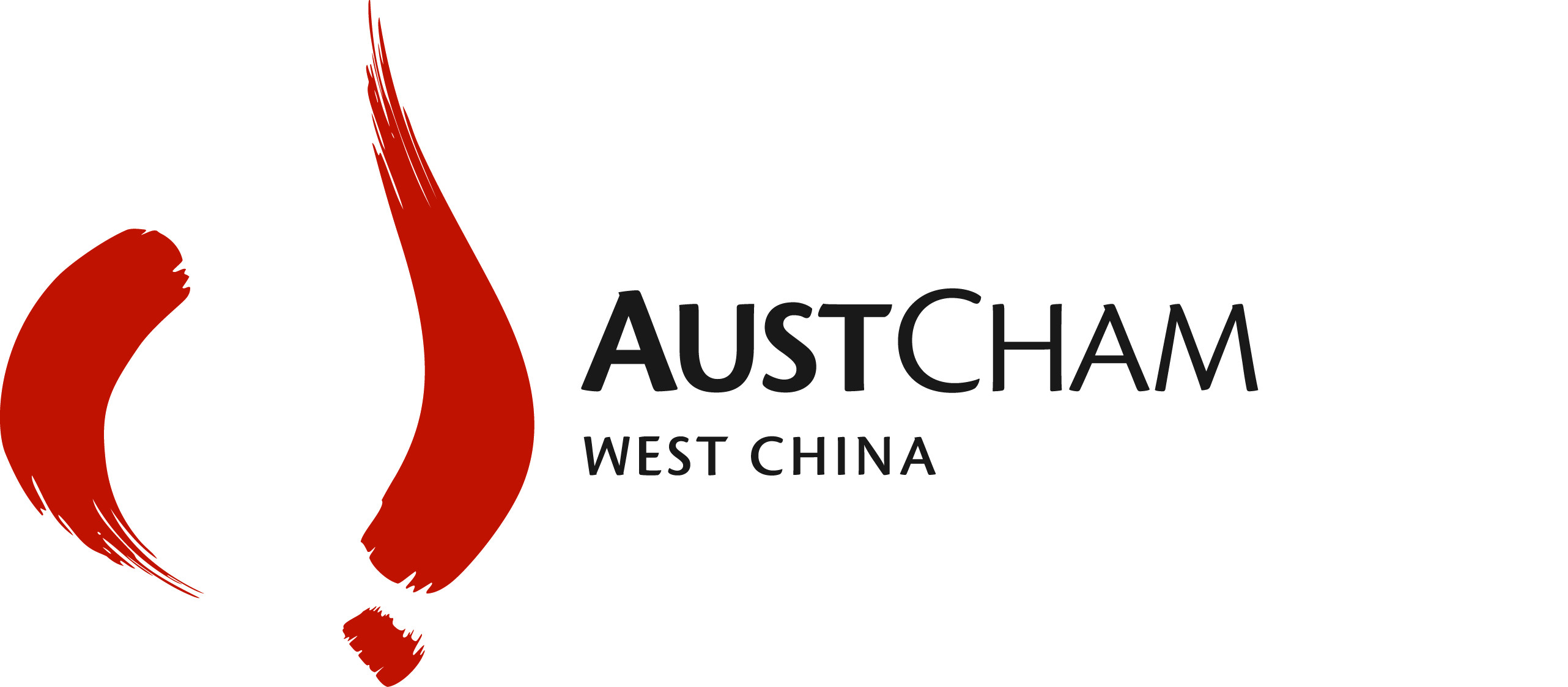In today’s Talking Points: Recent survey of economists finds nearly two thirds believe spending on education will deliver greater economic return than cutting corporate taxation; increasing numbers of students undertaking independent university entrance tests to supplement the gaokao; predictions Brexit may drive students to increasingly look for opportunities at other universities within the EU; and fraudulent websites increasingly targeting private entrance examination training institutions.
Economists back education over corporate tax cuts to deliver greater economic growth
A recent survey by the Economic Society of Australia and Monash Business School has found that over 60% of economists surveyed believe spending on education will deliver greater economic return than cutting corporate taxation. One economist noted that, unlike tax cuts, investment in education “has a very real prospect of increasing the growth rate of real GDP over an extended period” and that the estimated return on investment in education is more precise. The economists cautioned that the challenge for policy makers is determining how to best direct education spending with some suggesting that past spending has not delivered expected returns so if this is going to change, future spending would need to coincide with significant reforms to the system.
Source: smh.com.au
Independent university entrance tests on the rise
Increasing numbers of senior high school students are undertaking independent university entrance tests. Independent university tests were first introduced in China in 2003 to supplement the national college entrance exam, or gaokao and have been adopted by 90 universities as part of their recruitment process. The uptake of the entrance tests is believed to have been driven by South University of Science and Technology of China who was the first to introduce the trinity system for freshman recruitment in 2011 which combines the gaokao with high school grades and independent entrance test results, making up 60, 10 and 30 percent of the assessment respectively. The combined system is believed to attract students who have clearer direction in terms of their intended major.
Source: China Daily
Chinese students may pursue more higher education opportunities in France and Germany following Brexit
Some analysts are forecasting Brexit could lead to stricter student immigration visa and immigration policies and worsen the job prospects of foreign students as multinational companies move their European headquarters away from the UK. There are fears that if the 15% of annual funding universities receive from the EU is not wholly offset by increased allocation in the budget it will result in an increased financial burden on overseas students as tuition fees rise although some experts also point out that this may be offset by currency fluctuations in favour of the renminbi. In 2015 Chinese students accounted for 15% of overseas students in UK universities and some suggest the changes may drive students to increasingly look for opportunities at other universities within the EU.
Source: China Daily
Fake colleges increasingly target private educational institutions
sdaxue.com, a Chinese university information website has released its latest list of fake universities ahead of the first round of university applications next month. The majority of the fraudulent institutions this year were found to be imitating private institutions which deliver training for the national adult education examination rather than more well-known universities as they have in the past. Authorities are investigating and working to close down the websites.
Source: Xinhua

